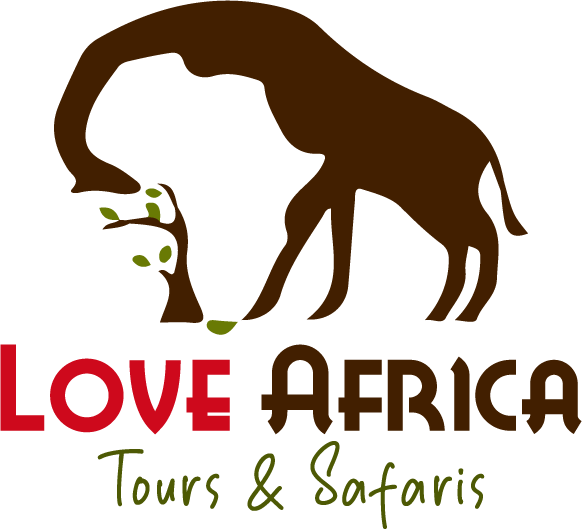Conquering Kilimanjaro: Essential Vaccinations for Your Summit Adventure
Mount Kilimanjaro, the tallest peak in Africa, is a bucket-list destination for many adventurous travelers. As you prepare for your summit adventure, it’s essential to prioritize your health and safety. One crucial aspect of this is ensuring you have the necessary vaccinations to protect yourself from potential health risks on the mountain.
Preparing for the Climb: Essential Vaccinations
Before embarking on your Kilimanjaro expedition, it’s important to consult with a healthcare provider or travel medicine specialist to determine which vaccinations are recommended for your trip. While there are no mandatory vaccinations for entering Tanzania, several vaccines are highly recommended to protect against common diseases in the region.
One of the most crucial vaccinations for Kilimanjaro climbers is the yellow fever vaccine. While Tanzania itself does not officially require proof of yellow fever vaccination for entry, neighboring countries may have this requirement. Additionally, yellow fever is a risk in certain regions of Tanzania, including the Kilimanjaro area. Getting vaccinated not only protects you from the disease but also helps prevent its spread.
Another important vaccination to consider is the typhoid vaccine. Typhoid fever is a bacterial infection that can be contracted through contaminated food or water, which are common concerns for climbers on Kilimanjaro. By getting vaccinated, you can reduce your risk of falling ill with this potentially serious disease.
Additionally, it’s recommended to ensure your routine vaccinations, such as measles-mumps-rubella (MMR), diphtheria-tetanus-pertussis, and influenza, are up to date before your trip. These vaccines protect against common diseases that can still pose a risk to travelers in unfamiliar environments.
Protecting Your Health on Kilimanjaro: What You Need to Know
In addition to getting the necessary vaccinations before your Kilimanjaro climb, there are several other health considerations to keep in mind to protect yourself during the expedition. Hydration is key at high altitudes, so make sure to drink plenty of water and electrolyte-rich fluids to prevent dehydration.
Altitude sickness is a common concern for climbers on Kilimanjaro, so it’s essential to acclimatize properly and listen to your body. Symptoms of altitude sickness can range from mild headaches and nausea to more severe conditions like pulmonary or cerebral edema. If you experience any concerning symptoms, descend to a lower altitude immediately.
Furthermore, practicing good hygiene habits, such as handwashing and proper food handling, can help prevent the spread of illnesses on the mountain. Packing a basic first aid kit with essentials like pain relievers, bandages, and antiseptic wipes is also recommended.
In conclusion, conquering Kilimanjaro is an incredible achievement, but it’s essential to prioritize your health and safety throughout the journey. By getting the necessary vaccinations, staying hydrated, acclimatizing properly, and practicing good hygiene, you can protect yourself from potential health risks and fully enjoy the majestic experience of summiting Africa’s tallest peak.





